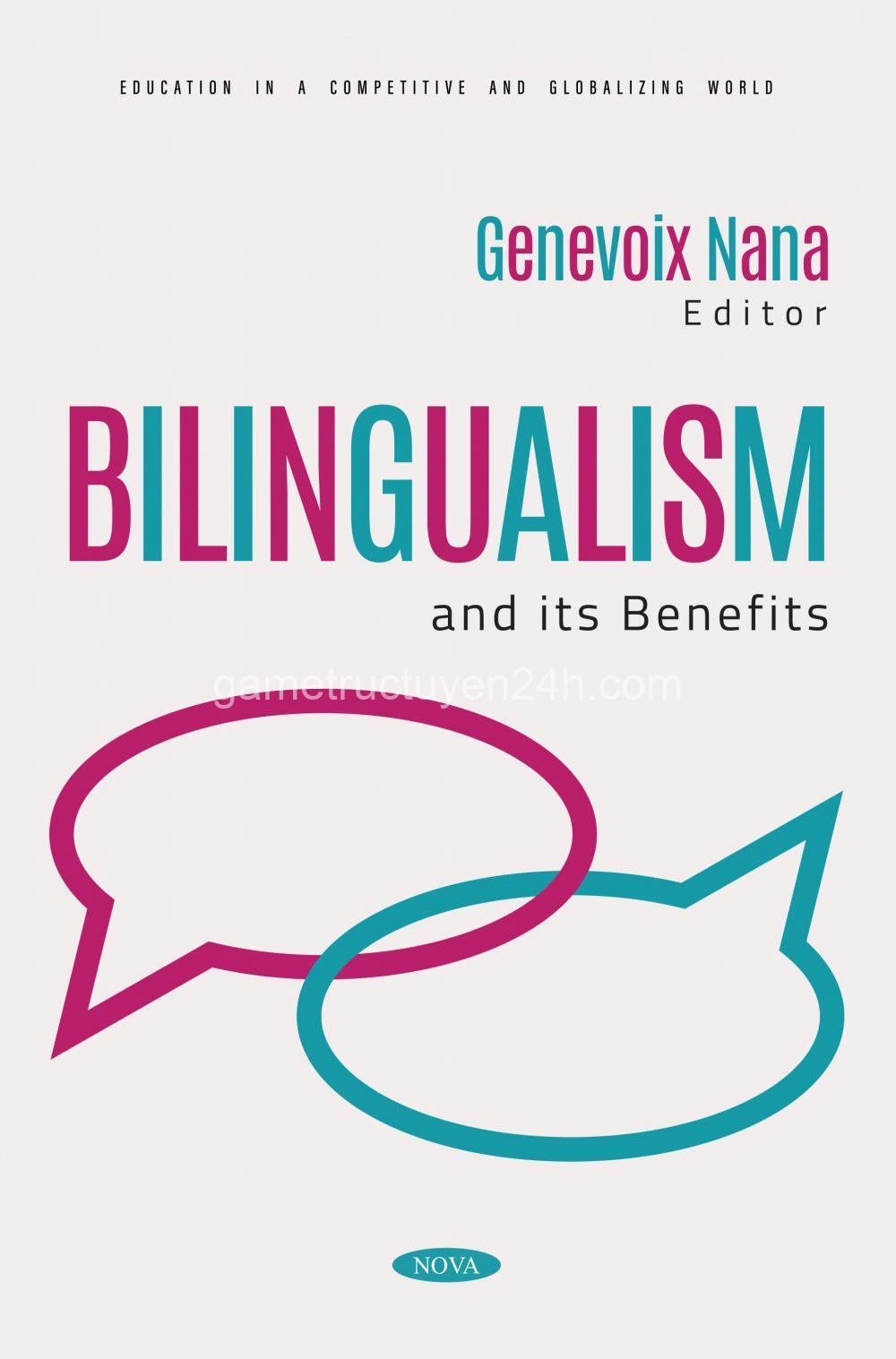Author Background & Children’s Books: Importance & Impact. In today’s article, gametructuyen24h.com will explore with you in the most detailed and complete way. See now!
Understanding the Importance of Author Background in Children’s Books
The power of representation goes beyond simply reflecting diverse identities in characters. It’s about authenticity, allowing children to connect with characters who share similar experiences and perspectives. When authors draw from their own lived experiences, they can create stories that feel real and resonate deeply with readers. This connection is crucial for children, especially those from marginalized backgrounds, as it offers a sense of belonging and validation.
For example, a child who reads a book written by an author of color might feel a stronger sense of connection to the characters and their struggles. They might see themselves reflected in the story, which can boost self-esteem and foster a sense of belonging.
Beyond representation, cultural awareness is essential in shaping young minds. Children’s books offer a unique opportunity to introduce them to different cultures, values, and perspectives. When authors write from their cultural background, they can authentically portray traditions, customs, and beliefs, providing a window into a world beyond their own.
Imagine a child reading a book about a traditional Japanese festival, written by an author who grew up celebrating those traditions. The book might not only describe the rituals and customs but also convey the emotions and significance behind them. This immersive experience can foster empathy and appreciation for other cultures, promoting understanding and tolerance.
Finally, the author’s background significantly impacts storytelling. Personal experiences and cultural knowledge can enrich the narrative, adding depth and nuance to characters and plot. An author who grew up in a specific environment can draw on their memories and observations to create relatable characters and realistic settings. This authenticity enhances the storytelling experience and makes the narrative more engaging and memorable for young readers.

The Case for Considering Author Background
The arguments for considering author background in children’s books center around the importance of representation and its impact on children’s lives. Representation matters because it allows children to see themselves in stories, affirming their identities and fostering a sense of belonging.
Imagine a child who has never seen characters who look like them or share their experiences represented in books. This lack of representation can create feelings of invisibility and exclusion, potentially impacting their self-esteem and sense of self-worth.
By actively seeking books written by authors from diverse backgrounds, we can ensure that all children have access to stories that reflect their identities and experiences. This inclusivity is essential for fostering empathy, understanding, and a sense of community.
Furthermore, books written by authors from diverse backgrounds can build empathy and understanding between children. By exposing children to different perspectives, cultures, and experiences, we can promote tolerance and acceptance.
Imagine a child reading a book about a family from a different culture, written by an author who understands that culture firsthand. The book might explore the family’s traditions, customs, and values, offering a window into their world and helping the reader understand their perspective. This exposure can encourage empathy and understanding, fostering a sense of connection between children from different backgrounds.
Finally, considering author background can enhance historical accuracy and sensitivity in children’s books. Authors with relevant lived experiences or historical knowledge can provide accurate and nuanced portrayals of events and perspectives. This is particularly important when writing about sensitive historical topics, as it helps avoid perpetuating harmful stereotypes or misrepresenting the past.
The Case Against Overemphasis on Author Background
While considering author background is important, it’s also crucial to avoid overemphasis. Some argue that artistic freedom and creativity should take precedence. They believe that all writers, regardless of their background, have the capacity to research and learn about different cultures and experiences.
Focusing exclusively on author background might limit the creative potential of writers and restrict the diversity of narratives. It might also inadvertently perpetuate stereotypes if we assume that all authors from a specific background will write similarly.
Additionally, the primary focus should be on quality storytelling and its impact on children. A compelling narrative with relatable characters, regardless of the author’s background, can have a profound impact on a child’s imagination and understanding.
Ultimately, judging books solely on the author’s identity can be misleading and potentially limit exposure to exceptional storytelling. Instead of focusing on author background, we should prioritize the quality of the story, the author’s ability to craft compelling narratives, and the characters’ ability to engage readers.
It’s important to avoid stereotypes and generalizations when considering author background. We should judge individual books on their merits, rather than assuming all authors from a particular background will write similarly. Every writer brings their unique perspective and experiences to their work, regardless of their background.
Finding a Balance: A Critical Approach to Book Selection
To find a balance between considering author background and judging books on their merits, we need to encourage critical analysis. This involves examining the author’s intentions, researching the historical and cultural context of the book, and questioning the author’s choices and perspectives.
By actively engaging with books and asking critical questions, we can develop a deeper understanding of the author’s message and its potential impact on readers.
Furthermore, cultivating diverse reading lists is essential for exposing children to a range of perspectives and experiences. This can be achieved by seeking books written by authors from different backgrounds, cultures, and identities. By promoting diverse reading lists, we can create a more inclusive and equitable reading environment for children.
Finally, fostering dialogue and open-mindedness is crucial for creating a space for constructive conversations about author background and its influence on the story. Encourage children to engage with books critically, form their own opinions, and share their perspectives with others.
Conclusion: Towards a More Inclusive and Equitable Reading Experience
Considering author background is important in selecting children’s books, but it’s equally important to judge books based on their individual merits. By embracing diversity, promoting critical analysis, and fostering dialogue, we can create a more inclusive and equitable reading environment for children.
This approach will ensure that all children have access to stories that reflect their identities, promote understanding, and foster empathy.
Don’t forget to check out my website, gametructuyen24h.com, for more information about animals, their care, and the best pet products! Leave a comment below and share your thoughts on the importance of author background in children’s books.
FAQs:
How can I make sure the book I choose for my child is authentic and representative of diverse experiences?
It’s important to do some research beyond just looking at the cover or the author’s name. Consider the following:
- Read reviews: Look for reviews from diverse readers, including those from the specific community the book represents.
- Check awards and accolades: Look for awards or recognitions that acknowledge the book’s cultural sensitivity and representation.
- Read excerpts or sample chapters: Get a sense of the language, characters, and themes before making a purchase.
- Engage with the author: Consider contacting the author to learn more about their background and intentions for the story.
Is it essential to choose books written by authors from the same cultural background as the child?
While it can be beneficial to have books that reflect a child’s own experiences, it’s not essential to limit choices to authors from the same background.
- Exposure to different perspectives: Children can benefit from reading books written by authors from different backgrounds, cultures, and identities. This exposure can foster empathy, understanding, and broaden their world view.
- Quality storytelling: Remember that the primary focus should be on finding engaging and well-written stories that will capture the child’s interest and imagination.
What if I come across a book that might be inaccurate or insensitive?
It’s important to engage in critical analysis and consider the following:
- Question the author’s intentions: Is the book attempting to accurately represent a culture or historical event?
- Research the historical context: Is the story factually accurate and sensitive to the nuances of history?
- Consider the potential impact: Could the book inadvertently perpetuate harmful stereotypes or misconceptions?
How can I encourage my child to think critically about the books they read?
Engaging in conversation with your child about the books they read can encourage critical thinking. Ask open-ended questions like:
- What did you think about the characters?
- How did the story make you feel?
- Did anything in the story surprise you?
- Why do you think the author chose to tell this story?
- What did you learn from reading this book?
Is it possible to find children’s books that are both culturally sensitive and engaging?
Absolutely! The key is to actively engage in book selection and be open to different perspectives. There are many excellent children’s books that celebrate diversity, promote understanding, and offer engaging narratives.
Remember, reading is a powerful tool for learning and growing. By making conscious choices about the books we select for children, we can contribute to a more inclusive and equitable reading experience for all.
By: Joseph Robert Johnson





